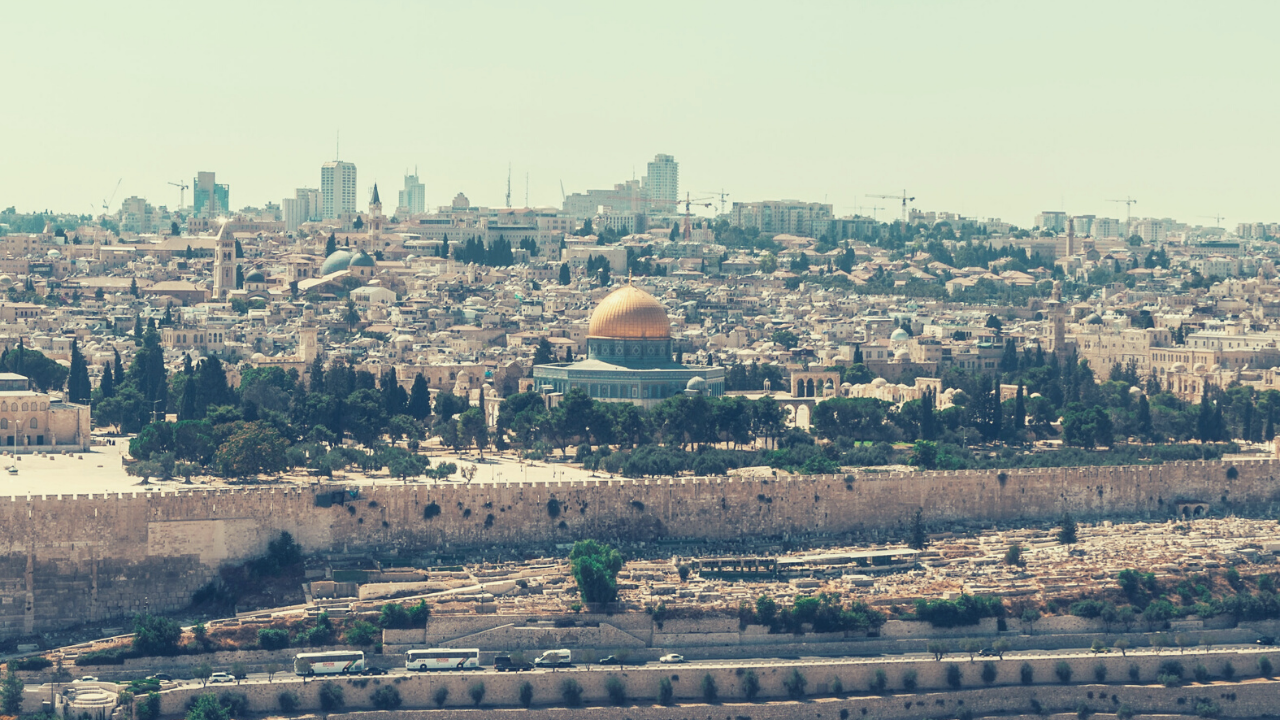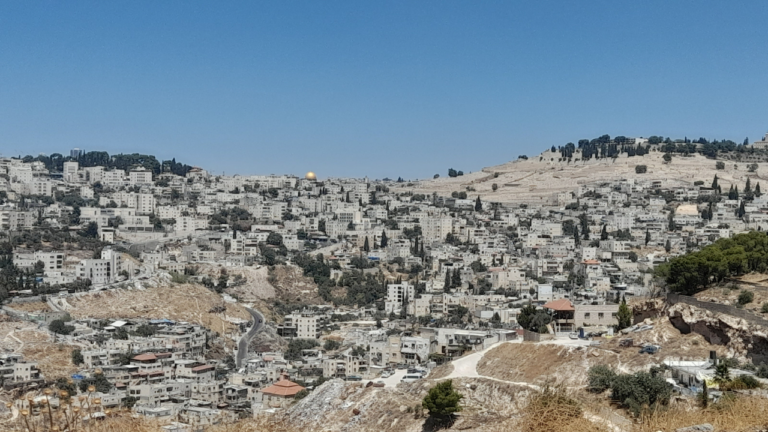The New Torah of Jerusalem
After Moshe appeases God from His anger over the sin of the golden calf, he sees that it is a time of divine favor. Moshe decides to leverage this moment to audaciously ask for God to “let me behold Your Presence.” God responds that “no human can see me and live” but does agree to a more limited experiences a revelation in which God teaches him the thirteen attributes of mercy: “God! God! a God compassionate and gracious…”.
In the context of the Torah’s story, these attributes are God’s self-description. The Talmud explains that God was telling Moshe to mention these attributes in times of crisis as a means of arousing Divine mercy:
“the Holy One, Blessed be He, wrapped Himself in a prayer shawl like a prayer leader and showed Moses the structure of the order of the prayer. He said to him: Whenever the Jewish people sin, let them act before Me in accordance with this order. Let the prayer leader wrap himself in a prayer shawl and publicly recite the thirteen attributes of mercy, and I will forgive them.”
The simple understanding of the Talmud is that the Jewish people should recite these attributes in their prayers. A closer reading of the Talmudic passage, though, indicates that this does not suffice. Rather, the Jewish people must act in accordance with these attributes. To merit divine mercy, the Jewish people must study and then embody these attributes in their own lives.
On the one hand, God’s telling Moshe about these attributes was a great revelation. God was teaching the Jewish people His own “character traits” and commanding the Jewish people to emulate them. However, as is clear from God’s refusal to acquiesce to Moshe’s first request to see God’s presence, there is a higher and deeper form of revelation that Moshe was not privy to.
Rav Levi Yitzhak of Berditchev teaches us that Moshe’s initial request will be granted in the times of Mashiach. Then, the Torah of Mashiach will be revealed and we will merit an even higher revelation than the one represented by the thirteen attributes of mercy. Rav Levi Yitzhak explains that throughout the exile, there are Jews who want to break the boundaries and illicitly access this form of Torah. Due to the dangers of seeing “God’s Presence” in an impure world, God made the Jewish people promise that they would not try to “bring the end” by bringing down this type of Torah before its time.
Interestingly, this promise is associated with the verse in Shir HaShirim that refers to “the daughters of Yeurshalayim.” This is the title of the Jews who desire for a closer connection to God than can currently exist and that we will only merit in the future. This reference is not a coincidence. It is the people of Yerushalayim – the city where God appears and will appear – who desire to experience an even closer relationship to God than is possible nowadays. Yerushalayim is the place where God will in the future reveal the Torah of Mashiach that will bring the world to its ultimate state of perfection.



